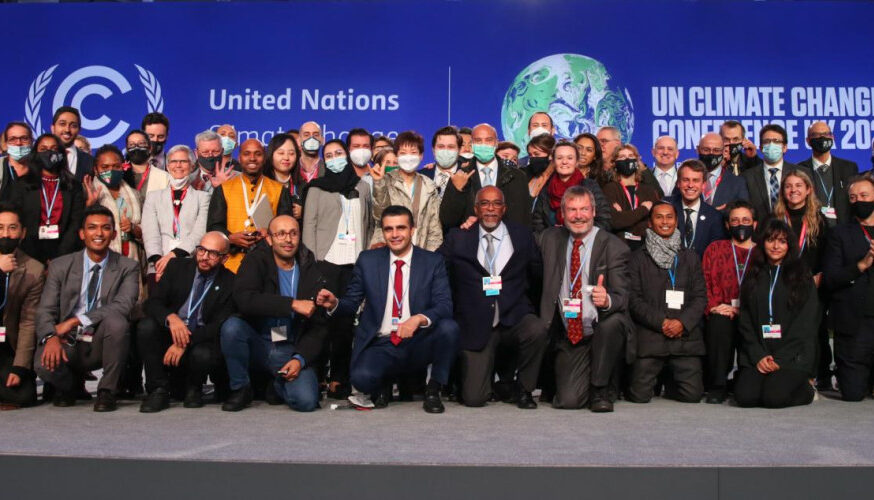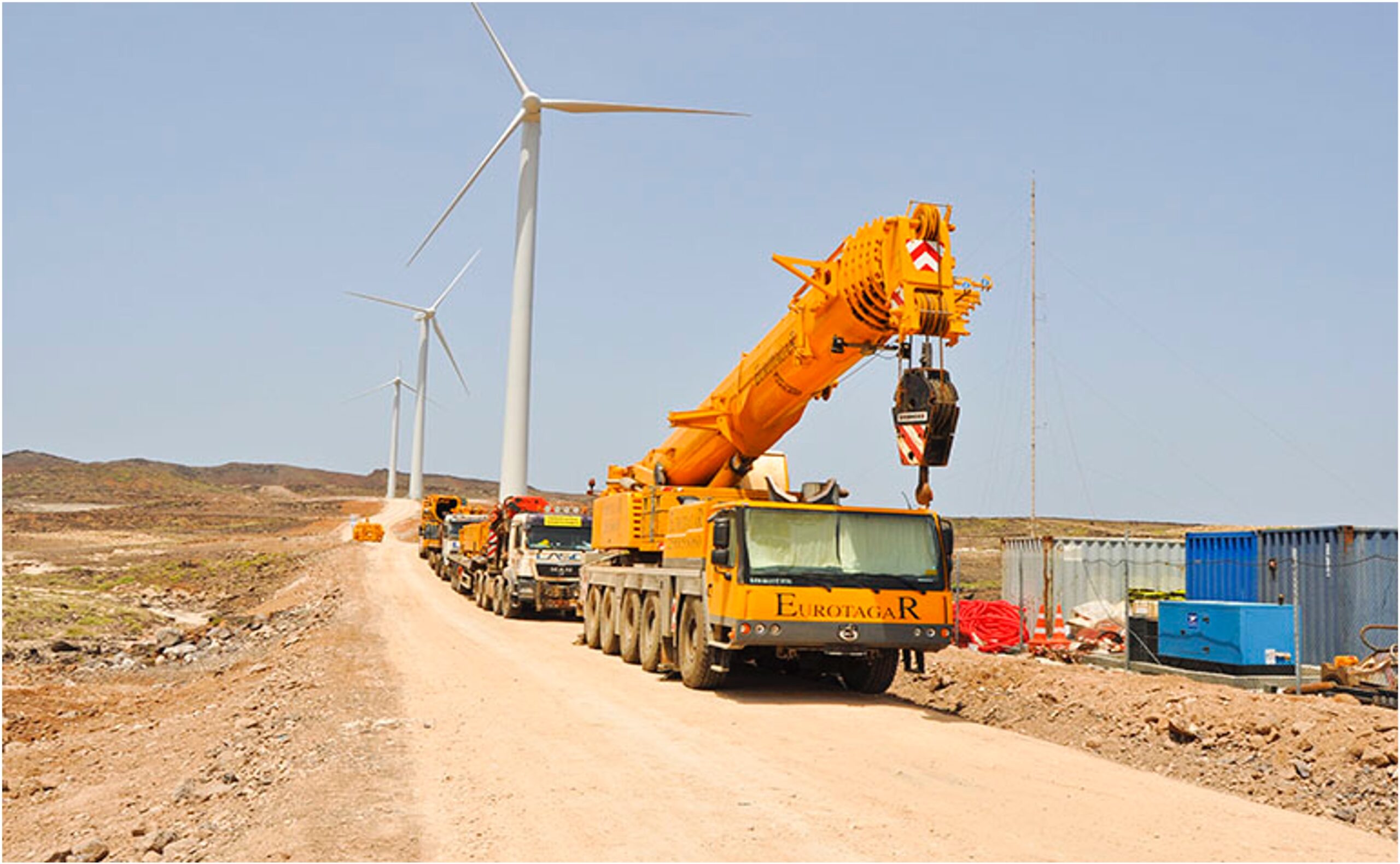Welcome to the Knowledge Hub
The West African Alliance Knowledge Hub aims to enhance understanding and encourage strategic engagement of governments with Article 6 and voluntary carbon markets in West Africa and beyond. It does so by furnishing a comprehensive overview of carbon markets and climate finance, focusing on topics relevant to member countries of the Alliance and by facilitating an understanding of how carbon and climate finance can serve as a catalyst for both market and non-market based mitigation activities.
This Knowledge Hub is a valuable resource tailored for decision-makers in West African countries, but may also be informative for other stakeholders involved in international carbon markets. It covers topics related to Article 6, the Paris Agreement, the Voluntary Carbon Market, and Climate Finance. For each topic, short information notes can be downloaded, providing essential context and key considerations, as well as practical materials such as checklists, step-by-step guides, case studies, and templates. Every section also includes links to selected additional resources that allow to explore the topic further.
What is Article 6 of the Paris Agreement?
Article 6 of the Paris Agreement enables countries to voluntarily cooperate with the aim to implement and increase ambition of their Nationally Determined Contributions (NDCs) and contribute to sustainable development. Two of those approaches, Article 6.2 and Article 6.4, are market-based while the remaining one, Article 6.8, presents a non-market based approach. The rules for operationalisation were adopted at COP26 in Glasgow in 2021 and were further developed in subsequent COP meetings.
In the Article 6 Knowledge Hub page, you can learn more about strategic decisions involved when engaging in Article 6, understand processes and institutional needs and explore engagement opportunities to harness the benefit from carbon market activities.
Image source: UNFCCC Glasgow COP26 (Kiara Worth, IISD)
Explore our Article 6 Page
How to engage strategically?
Explore how to engage strategically with Article 6, define the national starting point and engage with key stakeholders
Find out moreWhat is needed for national implementation?
Explore what is needed for Article 6 national implementation including the legal foundations, institutional procedures and infrastructure
Find out moreHow to assess activities and cooperative approaches?
Explore how to evaluate Article 6 activities to successfully leverage cooperative approaches and capitalise on carbon market opportunities
Find out moreWhat is the Voluntary Carbon Market?
The voluntary carbon market (VCM) enables companies, private individuals and organisations to contribute to mitigation efforts and support sustainable development with the sale and purchase of carbon credits. The demand for carbon credits on the VCM is mostly driven by non-state actors who wish to contribute to climate action outside of mandatory carbon pricing instruments and to make claims associated to their climate impacts. Different privately managed carbon crediting programmes such as Verra (formerly Verified Carbon Standard) and Gold Standard issue carbon credits in the VCM.
Refer to our VCM Knowledge Hub page to learn more about crediting programmes, types of credits, associated claims, best practices as well as integrity initiatives.
Explore our VCM page
How can climate finance accelerate climate action?
Countries have a variety of climate policy instruments at their disposal to acheive the mitigation and adaptation objectives outlined in their NDC. Implementing these policies demands significant financial resources to tackle identified needs and implement strategies customised to achieve national targets. Climate finance, in its broadest definition, refers to local, national, or transnational financing derived from public, private, and alternative sources of funding. It serves as one avenue for countries to support efforts in climate change mitigation and adaptation.
Access the Climate Finance Knowledge Hub page to learn more about financial mechanisms, initiatives in the subregion and the integration of climate and carbon finance.
Explore our Climate Finance page
How can carbon pricing instruments be relevant for carbon markets?
Carbon pricing entails placing a monetary value on carbon emissions, either through carbon taxes or cap-and-trade systems, as a means to incentivise the reduction of GHG emissions. In West Africa, the potential benefits of carbon pricing may include fostering sustainable development, promoting low-carbon investments, and encouraging innovation in clean technologies. However, challenges associated with implementing carbon pricing in the region, including limited institutional capacity, data availability, and concerns regarding the impact on vulnerable populations persist.
Market mechanisms can be crucial tools for the development of carbon pricing in West Africa, as they can facilitate the efficient allocation of resources. Additionally, markets can help attract private sector investment in renewable energy and other low-carbon projects, contributing to the region’s economic growth while simultaneously reducing emissions. Conversely, the development of carbon pricing schemes in West Africa can also benefit from market dynamics, as it provides an opportunity for countries to integrate into global carbon markets, access international finance, and align their efforts with global climate objectives.
Explore Carbon Pricing Approaches in West Africa
